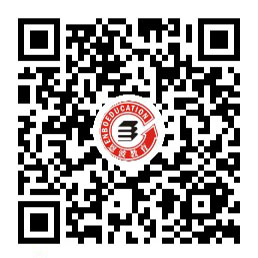9. arrive, get (to)和reach表示“到达”时的区别
arrive in+大地方;arrive at+小地方;get to+地点名词;reach是及物动词,后面可直接跟地点名词。
We arrived at the village at six in the afternoon. 我们下午6点到达那个村庄。
When will you get to Shanghai? 你们将什么时候到达上海?
They reached London two weeks ago. 他们是两周前抵达伦敦的。
注意:get to+地点,到达的地点如用副词表示,则直接跟在get后面,不必用介词to。
I must get home at twelve. 我必须12点钟到家。
10. bring, take, carry, fetch
bring意为“带来,拿来”,表示“拿到靠近说话者的地方”;take意为“拿去,带走”,表示“拿到远离说话人的地方”;carry意为“扛,搬”,用力移动,没有方向性;fetch意为“去取,去拿”,表示往返拿东西。如:
Please take the books to the classroom. 请把书带到教室去。
Remember to bing your homework to school tomorrow. 明天记得把你的作业带来学校。
The bag is very heavy. Please carry it to my office.
这个包非常沉。请把它搬到我的办公室。
Don't worry. I can fetch the key. 不要着急。我能拿回钥匙。
11. see, look, watch, read
see看见,表结果;look看,表动作,不及物动词,后面须加介词at才能跟宾语;watch看(比赛、电视);read看(书、报),表示阅读。如:
I can see an apple on the table. 我能看见有个苹果在桌子上。
Look, there is a kite flying in the sky. 看,有个风筝在天上飞。
Watching TV too much is bad for your health. 看太多电视对你的健康有害。
Don't read books in the sun. 不要在太阳底下看书。

微信小程序
微信扫一扫体验

微信公众账号
微信扫一扫加关注
评论 返回
顶部

发表评论 取消回复